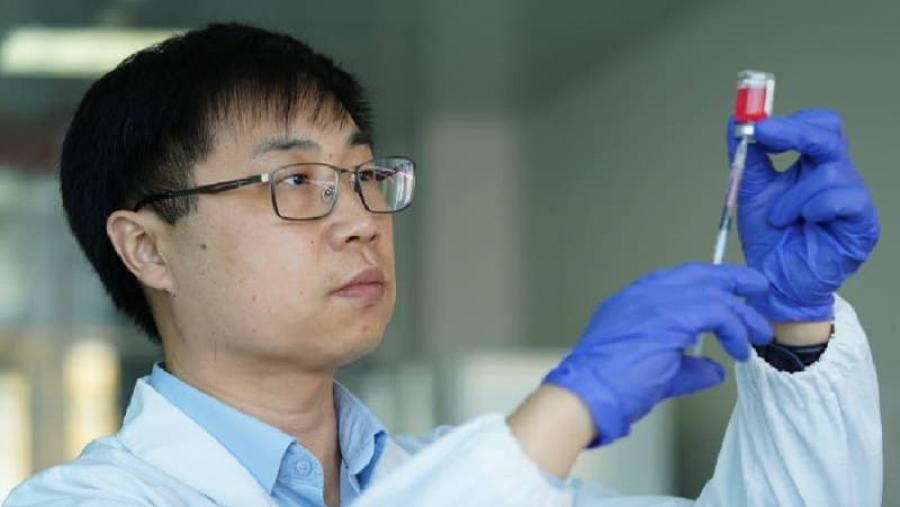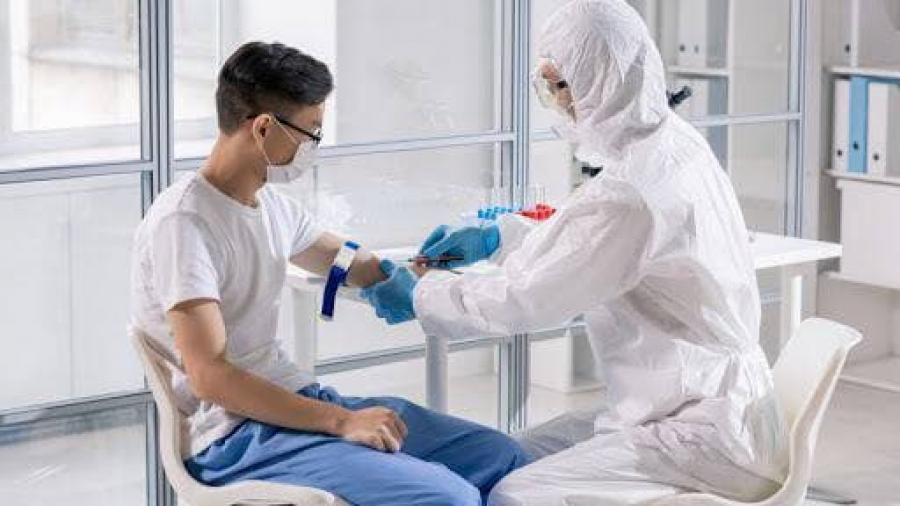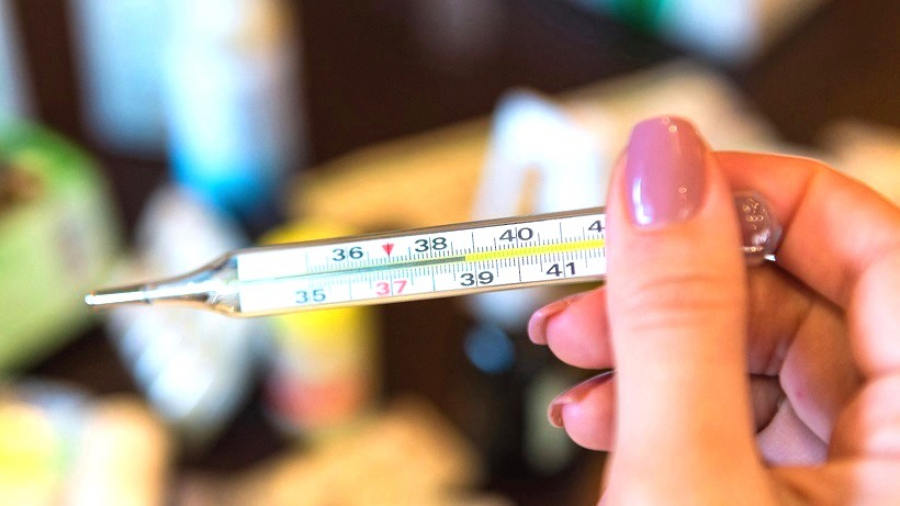
A unique know-how from Kazakh scientists is a hydrogel from stem cells. The mixture is able to restore cartilaginous and bone tissue of the knee joint without surgery. According to the developers, the procedure is individual. Doctors perform a biopsy, seize the patient’s stem cells. Then, they are transferred to scientists who “reproduce” the samples to the desired amount. For example, to create two milliliters of gel, 20 million cells are needed.
“We use them to make a mixture using the DUPLOJECT application system. The first test tube we fill with the first polymer, the second test tube – with the second polymer. All this was first conducted as part of in vitro-studies, i.e. in test tubes. Then we did a simulation of a cartilage defect in animals. All this was carried out in preclinical tests. We had eight experimental groups. Experimentally, we found the most optimal combination, that is, the composition of this hydrogel in order for it to effectively repair defects in articular cartilage,” said Vyacheslav Ogay, Head of the National Center for Biotechnology Stem Cell Laboratory.
In the absence of strict contraindications, there are no limitations in regards to age or sex, scientists say. Due to the chemical composition, the hydrogel can control the release of drugs. However, it does not cause allergies. Now the finished drug is undergoing clinical trials on a group of volunteers.
“Over the three years, we have shown quite convincingly that stem cells can be used to effectively repair defects in some cartilage erosions. We fully restore cartilage within three to six months depending on the severity of the defect that needs to be repaired. Surgeons and doctors begin to form a trial group of patients. That's about 100 people,” noted Yerlan Ramankulov, Director General of the National Center for Biotechnology.
The first test results will be known this summer. Scientists plan to create similar hydrogels for the treatment of other joints.
Translation by Aruzhan Bizhigitova
Editing by Galiya Khassenkhanova









